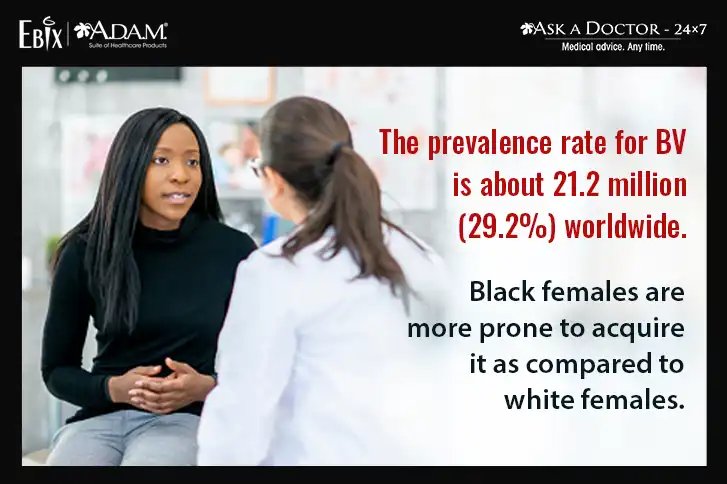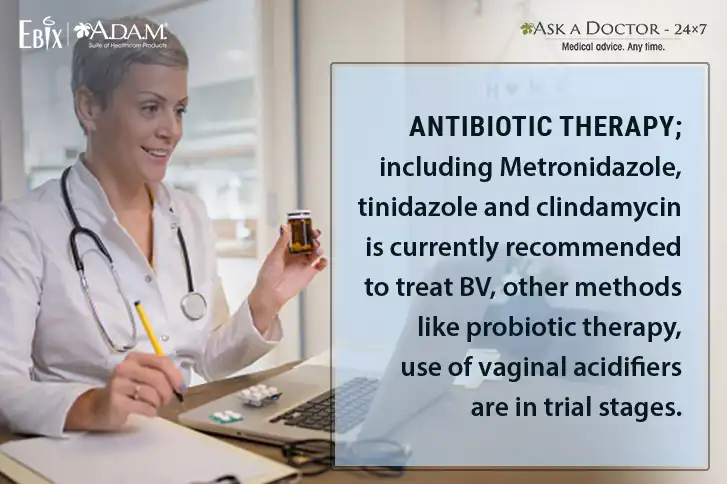What Is Bacterial Vaginosis And Its STD Connection: Know The Facts.
Bacterial Vaginosis (BV) is a vaginal inflammatory condition that occurs due to an imbalance in normal flora (microbes) in the vaginal tract resulting in vaginal discharge with a fish-like odor. It is caused because of the overgrowth of harmful bacteria like Gardnerella vaginalis and a decrease in normal flora like Lactobacillus.
What Causes BV?

BV is more commonly seen in women between 15 – 45 years, though it may be seen in women of any age. Its exact cause is not known but research suggests that women involved with multiple sex partners or unprotected sex are at increased risk. Women who never had sex have been observed to rarely develop BV. Other factors that increase the chances of developing BV are douching; the use of scented soaps, vaginal deodorants, bubble baths, or intrauterine birth control devices. BV does not spread from using public toilet seats, swimming pools, or sharing clothes and bedding.
What Are the Symptoms Of BV?
Many women affected by BV will be asymptomatic. The following symptoms may be experienced by some women suffering from BV:
- Fishy vaginal odor due to off-white/grey vaginal discharge.
- Irritation and itching in the vaginal area.
- Burning sensation during urination.
How It Is Related To Sexually Transmitted Diseases (STDs)?
Fortunately, BV is neither contagious nor sexually transmitted. Research suggests that increased sexual activity may alter vaginal normal flora which results in the overgrowth of anaerobic bacteria. Women having BV are vulnerable to get sexually transmitted diseases (STDs) including Chlamydia trachomatis, Neisseria gonorrhoeae, Human Papilloma Virus (HPV), Herpes Simplex Virus (HSV) 1 and 2, and Human Immunodeficiency Virus (HIV).
When To See A Doctor?

Bacterial vaginosis is not a life-threatening disease and can be cured easily with simple medication. Mild symptoms mostly get better without any treatment but severe symptoms need medical intervention especially if they persist for a long time or during pregnancy. A doctor may advise to insert gel or cream into the vagina for 5-7 days or take oral antibiotics to cure the infection. BV may become recurrent in a few women so don’t stop taking the medication before the prescribed period even if the symptoms disappear. In case you feel difficulty with your prescribed medicines, follow up with your doctor for better advice.
Complications may happen when the woman has been neglecting it for a prolonged duration; leaving it untreated in severe conditions or during pregnancy. Complications of BV include the risk of developing a post-surgical infection after hysterectomy or dilation and curettage (D&C) or developing a pelvic inflammatory disease (PID) which may lead to difficulties in conceiving i.e. infertility.
So, if you are also facing any vaginal discomfort or any other symptom similar to those caused by BV, ask a Gynecologist now to get expert advice on it.
Recently Answered Questions Related to Bacterial Vaginosis
Ask a Specialist
Recent Questions


